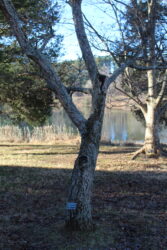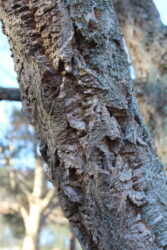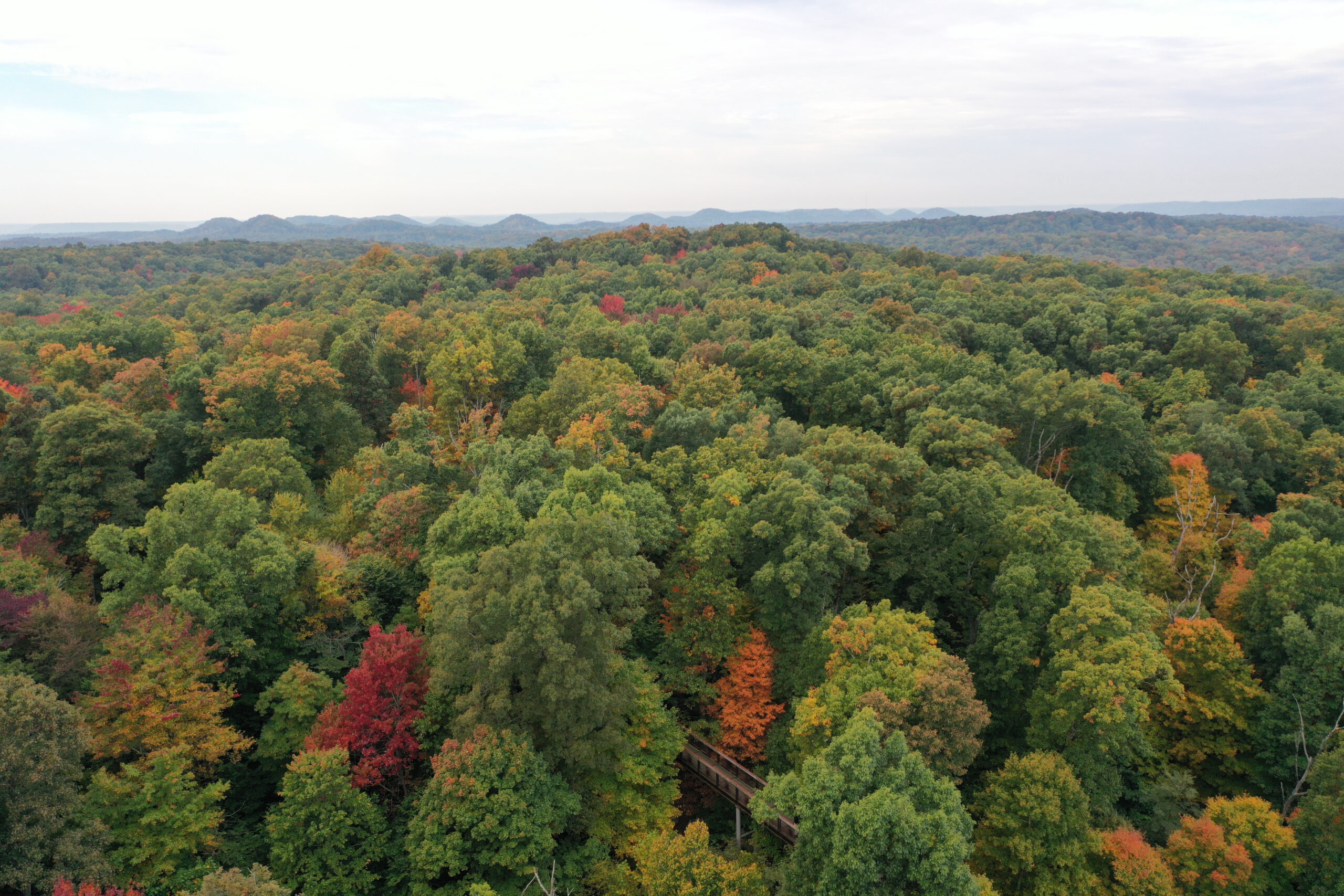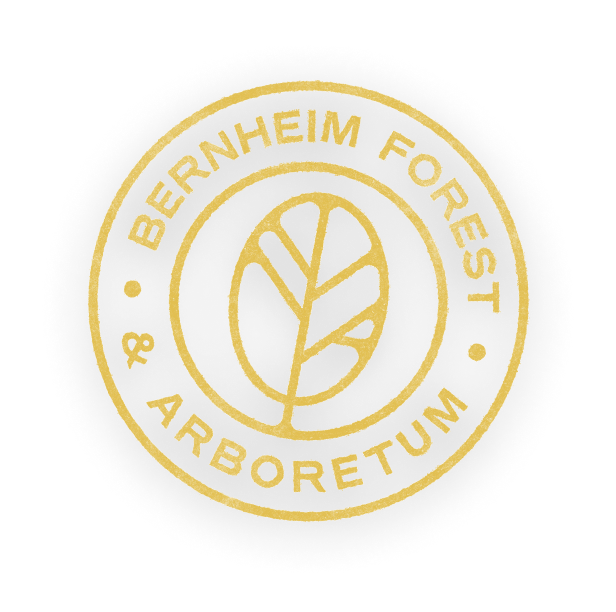By Kelly Vowels

Amur corktree has become the first plant alert listed by the Public Gardens as Sentinels against Invasive Plants (PGSIP). PGSIP is a network of public gardens and arboreta that have come together to identify and address plant species that are escaping from cultivation. The goal is to identify and address potential new invasive species before they can become an environmental problem. Historically, many of the invasive species that have spread into nature’s wild areas have had their origins in the horticultural trade, including but not limited to burning bush (Euonymus alatus), bush honeysuckle (Lonicera maackii), privet (Ligustrum spp.), and Bradford pear (Pyrus calleryana). PGSIP’s goal is to prevent new introductions of invasive species to wild areas.
 Here at Bernheim Arboretum and Research Forest, we have also been monitoring many of our collections to determine the potential spread and environmental impact on the natural areas. Bernheim currently has five Amur cork trees in our collections. Most of them are males, but some concern has been raised that corktrees like other dioecious trees, can naturally change genders from male to female when no females are around. Ginkgos (Ginkgo biloba) are a great example. Even our native red maple (Acer rubrum) can have all male flowers, all female flowers, or a mix of both produce on its branches.
Here at Bernheim Arboretum and Research Forest, we have also been monitoring many of our collections to determine the potential spread and environmental impact on the natural areas. Bernheim currently has five Amur cork trees in our collections. Most of them are males, but some concern has been raised that corktrees like other dioecious trees, can naturally change genders from male to female when no females are around. Ginkgos (Ginkgo biloba) are a great example. Even our native red maple (Acer rubrum) can have all male flowers, all female flowers, or a mix of both produce on its branches.
During the month of December, Bernheim horticulture staff removed one cork tree found by Lake Nevin that was determined to be producing fruit this past fall. Natural areas around this tree were also searched for cork trees and one was found and removed. The other four cork trees will continue to be monitored to determine if they are producing fruit that can be spread by birds and other wildlife. Bernheim will also continue to monitor all our collections for potential impacts on the natural habitats and remove any species that are found to have the potential to become invasive.


